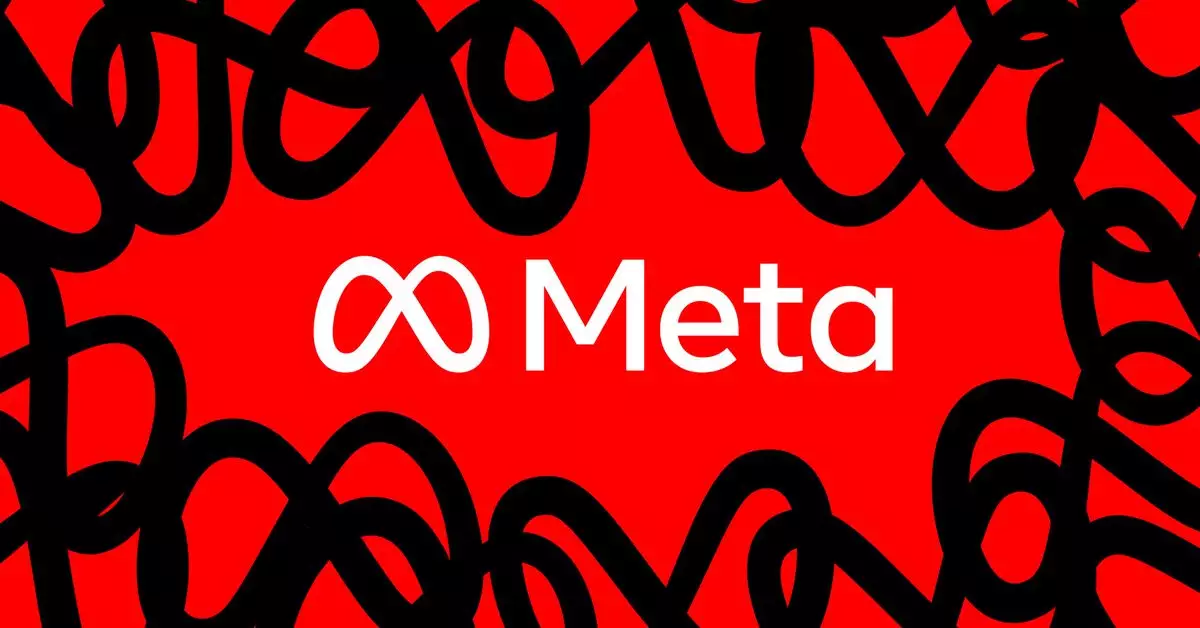Meta, previously known as Facebook, is challenging the fee it is required to pay EU regulators for enforcing the Digital Services Act (DSA). The new DSA rules aim to establish strict content moderation guidelines for online platforms. However, Meta is unhappy that while loss-making companies are exempt from paying, it is facing a reported fee of €11 million. Ben Walters, Meta’s EMEA policy comms spokesperson, states, “We disagree with the methodology used to calculate these fees.” Walters further argues that the current system allows some companies with a significant user base and regulatory burden to pay nothing, placing a disproportionate burden on others.
According to the DSA, the 20 companies identified as very large online platforms (VLOPs) are responsible for funding the enforcement of the new content moderation rules in the EU. Meta falls into this category due to its monthly active user count of 45 million in the EU. Enforcement costs are distributed based on the number of users, with companies having a larger user base paying more. However, unprofitable companies are exempt from these fees. As a result, Meta and Alphabet, Google’s parent company, are expected to cover approximately three-quarters of the €45.2 million annual enforcement bill. This amounts to €11 million for Meta and €22.1 million for Alphabet, according to Bloomberg.
Despite the significant amount Meta and Alphabet are obliged to pay, the fee is capped at 0.05 percent of a company’s annual global profits in 2022. Therefore, companies such as Amazon and X may potentially pay nothing, despite utilizing EU resources for monitoring and enforcing DSA compliance. X, formerly Twitter, is currently under investigation by the European Commission for alleged violations of the DSA by failing to prevent the dissemination of illegal content pertaining to Hamas’ terrorist attacks against Israel.
In response to Meta’s legal challenge, a spokesperson from the European Commission stated that companies have the right to appeal, but affirmed the solidity of their decision and methodology. The Commission maintains its position and intends to defend it in court. Other companies, including Amazon and Zalando, have also challenged the DSA but focused on their designations as VLOPs rather than the specific fees. The European Union’s spokesperson confirmed that all companies met the December 31st deadline for fee payment. The DSA came into effect last year, mandating compliance by February 17th. Failure to adhere to the regulations may result in fines of up to 6 percent of a company’s annual revenue or even a ban from operating in the EU.
Meta’s challenge to the EU regulators over content moderation fees under the DSA illustrates the ongoing tensions between digital platforms and regulatory authorities. While Meta questions the fairness of the methodology used for fee calculation, the European Commission defends its decision and methodology. The introduction of stricter content moderation rules through the DSA reflects the EU’s efforts to ensure online platforms actively tackle illegal and harmful content. As debates on platform responsibility and regulation continue, the clash between Meta and EU regulators serves as a significant development in shaping the future of online content moderation and accountability.


Leave a Reply